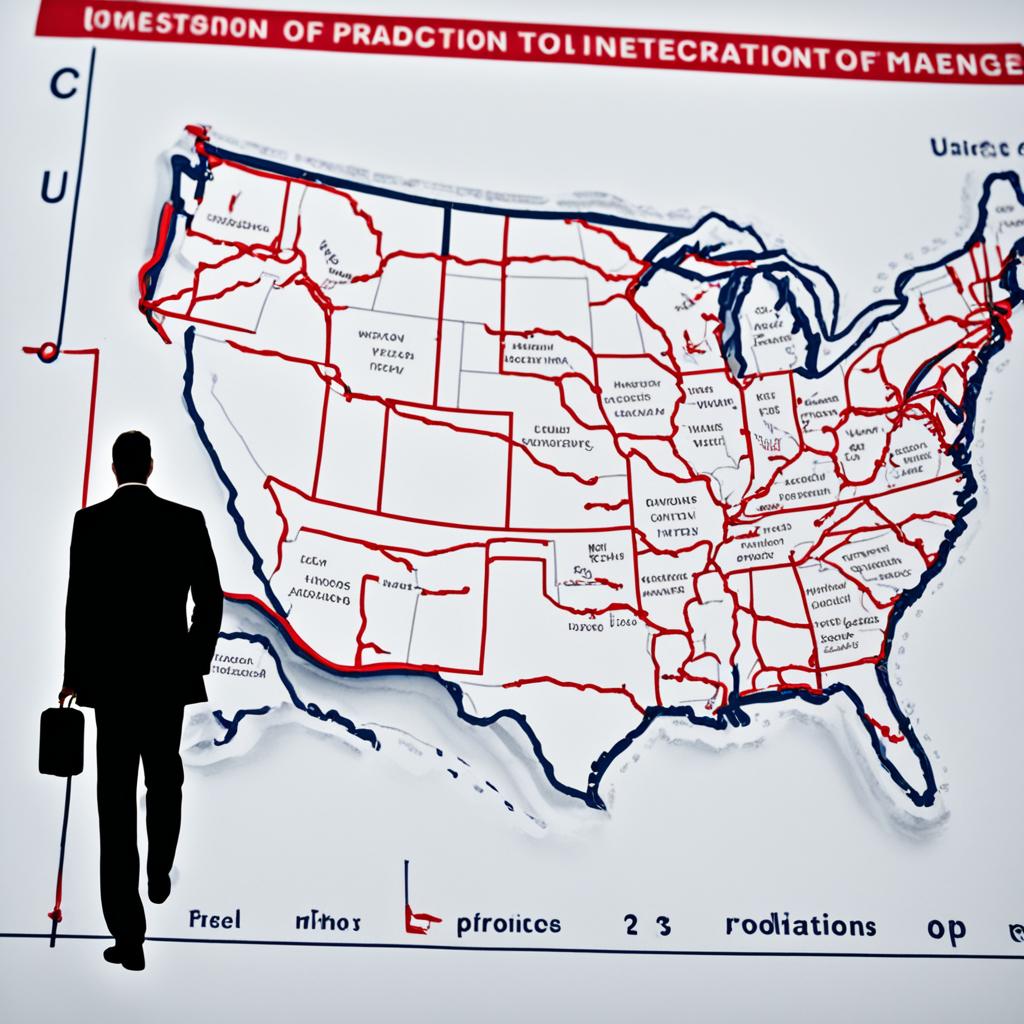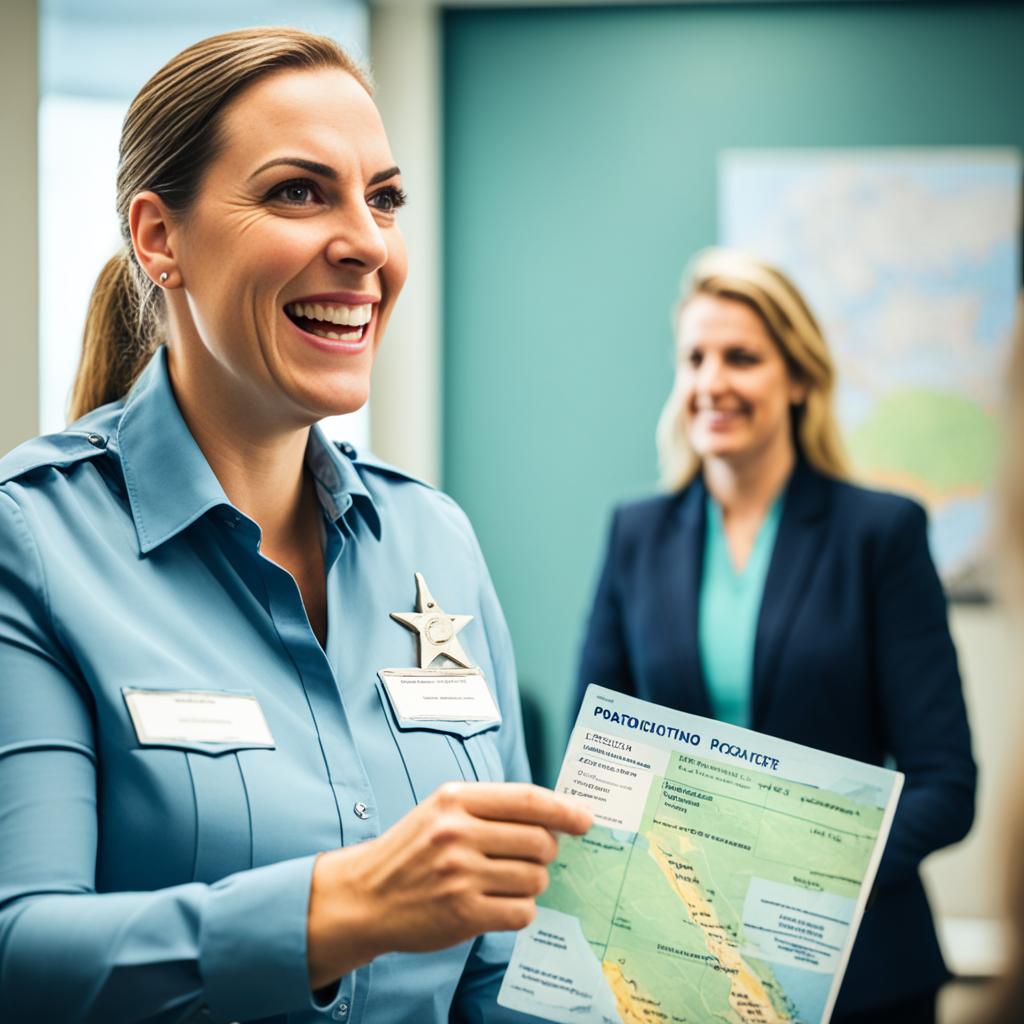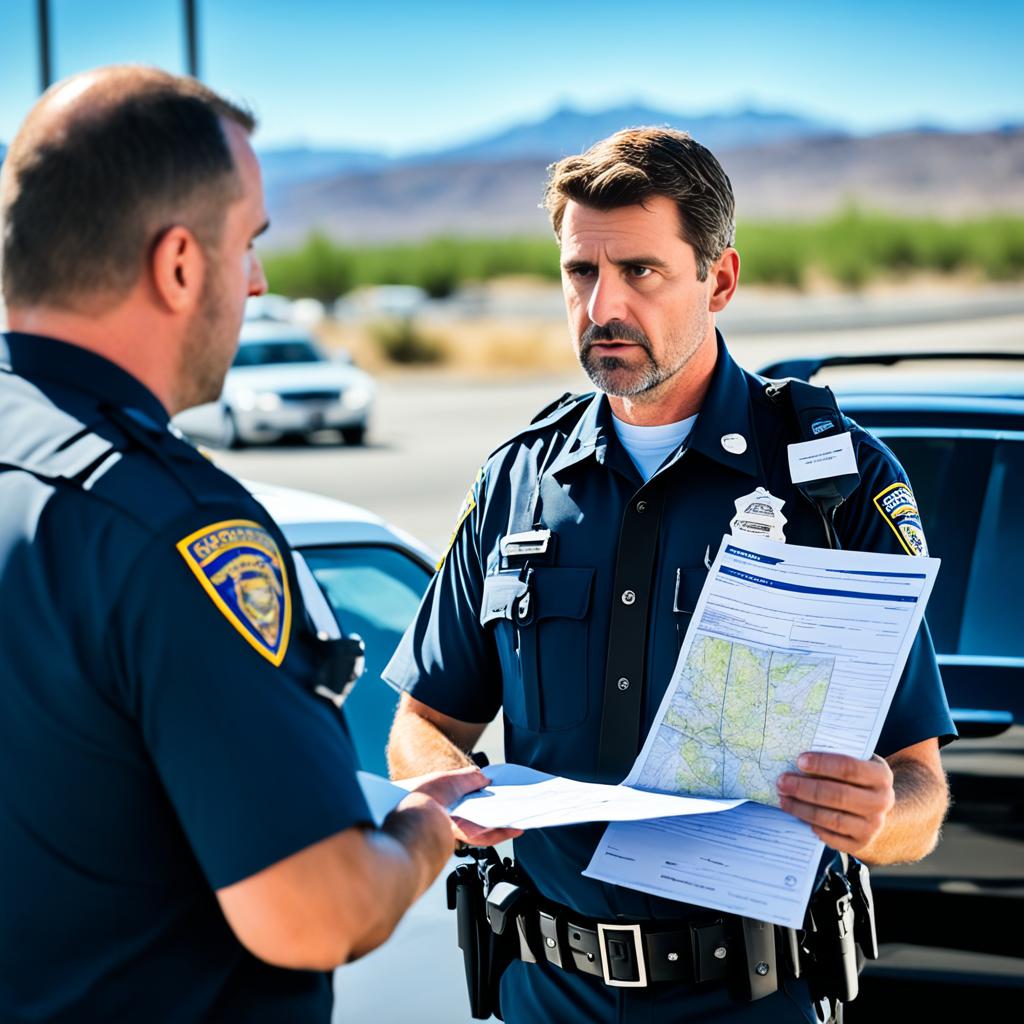Probation can be a complicated and restrictive experience, especially when it comes to travel. If you find yourself under probation, whether it’s for a misdemeanor or a felony, you might be wondering: Can you travel out of state on probation? The answer is not as straightforward as you might think.
While some individuals on probation enjoy more freedom to travel, others face stricter restrictions. It all depends on the type of probation you have. Informal probation, typically associated with misdemeanor offenses, is generally more lenient when it comes to travel. On the other hand, formal probation, imposed for felony convictions, often imposes stringent travel rules.
If you are interested in exploring your options or have a pressing need to travel, understanding the restrictions and processes related to probation travel is vital. Violating these rules can lead to severe consequences, including probation revocation and potential jail time.
So, what are the travel restrictions for informal and formal probation? How does one navigate the process of seeking permission for travel? And what are the potential consequences of violating probation travel restrictions? Let’s delve into the details and answer the burning question: Can you travel out of state on probation?
Understanding Informal Probation

Informal probation in California allows low-risk offenders to serve their sentences in the community rather than in jail. This type of probation offers more flexibility and less strict travel restrictions compared to formal probation. As long as you fulfill your probation obligations, such as attending classes, counseling sessions, and performing community service, you are generally allowed to travel freely.
However, it’s important to note that not fulfilling your obligations or failing to appear in court can lead to a violation of probation. Even on informal probation, it is crucial to comply with the requirements set by the court and your probation officer to avoid any potential consequences.
Keep in mind that each case is unique, and the specific terms and conditions of your probation may vary. It is recommended to consult with your attorney or probation officer to fully understand the travel restrictions and obligations that apply to your situation.
| Informal Probation | Travel Restrictions |
|---|---|
| Low-risk offenders | Less strict |
| Serve sentence in the community | Allowed to travel freely |
| Fulfill probation obligations | Attend classes, counseling sessions, perform community service |
| Failure to appear in court or fulfill obligations | Potential violation of probation |
Note: Informal probation may still have specific travel restrictions depending on the details of each case. It is important to consult with your attorney or probation officer for personalized guidance and advice.
Navigating Formal Probation

Formal probation is typically imposed on high-risk offenders convicted of serious crimes. As a result, formal probation comes with stricter travel restrictions compared to informal probation. If you are on formal probation, it’s important to be aware of these travel restrictions to avoid potential violations.
When you are on formal probation, you may face limitations on your ability to travel, even to nearby counties. Generally, travel is only allowed for work-related purposes, legal obligations, or medical reasons. Any travel plans, including family emergencies, must be discussed and approved by your probation officer.
Violating the travel restrictions during formal probation can have serious consequences. It can lead to probation revocation and potential imprisonment. Therefore, it’s crucial to follow the travel guidelines set by your probation officer and obtain proper approval for any travel plans.
Remember, each probation case is unique, and the specific travel restrictions may vary based on your probation terms. To ensure compliance and avoid complications, it is recommended to consult with your probation officer or a legal professional who can provide guidance on navigating the travel restrictions during formal probation.
Travel Restrictions Comparison
| Informal Probation | Formal Probation | |
|---|---|---|
| Typical Travel Restrictions | Minimal restrictions, allowing freedom to travel as long as probation obligations are met. | Stricter limitations, restricting travel to work, legal obligations, or medical reasons. |
| Approval Needed for Travel | No formal approval required. | Travel plans, including emergencies, must be discussed and approved by the probation officer. |
| Consequence of Violating Travel Restrictions | Possible probation violation, but consequences may be less severe. | Probation revocation and potential imprisonment. |
In the next section, we’ll explore the process of seeking permission for travel while on probation and the potential consequences of violating probation terms.
Seeking Permission for Travel

If you are on formal probation and need to travel, it is crucial to follow the proper legal procedures to ensure compliance and avoid any potential violations. To embark on your journey, you must request permission from the court or your probation officer. Seeking the guidance of an experienced criminal defense attorney can be immensely helpful in navigating this process and advocating for your travel approval.
An attorney well-versed in probation law can assist in crafting a compelling travel request that outlines the purpose of your trip, the dates of travel, and the steps you will take to ensure your continued compliance with probation conditions. They can also present any necessary supporting documentation, such as flight or hotel reservations, to strengthen your case.
In some circumstances, individuals who have completed a significant portion of their formal probation may be eligible to request a modification from formal probation to informal probation. Informal probation generally offers more flexibility in terms of travel allowances. However, it’s important to consult with your attorney to determine whether this option is appropriate and viable in your specific case.
Remember, securing permission to travel while on probation requires careful attention to detail and a thorough understanding of the legal requirements. Consulting with an experienced attorney can provide you with the guidance and representation you need to navigate this process successfully.
Potential Consequences of Violating Probation
Violating probation, including travel restrictions, can have serious consequences. When a probation violation occurs, a probation violation hearing may be scheduled. During the hearing, the judge will carefully consider the evidence presented by the prosecutor and defense attorney. The outcome of the hearing will depend on the nature and severity of the violation.
The potential consequences of a probation violation can be severe and life-altering. They may include revocation of probation, leading to the imposition of maximum jail sentences. The judge may also decide to modify the conditions of probation, impose additional community service, or impose fines and restitution. These consequences can have a significant impact on your life, affecting personal and professional opportunities and potentially straining relationships with loved ones.
If you have violated your probation, whether it’s a travel violation or any other type, it is crucial to seek the guidance and representation of a skilled criminal defense attorney. An attorney experienced in handling probation violation cases can help navigate the legal process, protect your rights, and present a strong defense on your behalf. Having legal counsel by your side can make a significant difference in the outcome of your case.
FAQ
Q: Can you travel out of state on probation?
A: Travel restrictions for probation vary depending on the type of probation. Informal probation generally allows for more freedom of travel, while formal probation imposes stricter travel restrictions.
Q: What are the travel restrictions for informal probation?
A: Informal probation in California allows for more freedom of travel. Individuals on informal probation can generally travel freely as long as they fulfill their probation obligations, such as attending classes or counseling sessions and performing community service.
Q: Are there any travel restrictions for formal probation?
A: Yes, formal probation, reserved for high-risk offenders, comes with stricter travel restrictions. Individuals on formal probation may be limited even from going to nearby counties and may only be allowed to travel for work or legal or medical reasons. Any travel plans, including family emergencies, must be discussed and approved by the probation officer.
Q: How can I request permission to travel if I am on formal probation?
A: If you are on formal probation and need to travel, you can request permission from the court or probation officer. It is advisable to consult with an experienced criminal defense attorney who can help navigate the legal process and advocate for travel approval.
Q: What are the potential consequences of violating probation, including travel restrictions?
A: Violating probation, including travel restrictions, can have serious consequences. A probation violation hearing may be scheduled, where the judge will consider the evidence presented by the prosecutor and the defense attorney. Consequences can include probation revocation, imposition of maximum jail sentences, modification of probation conditions, or additional community service.
